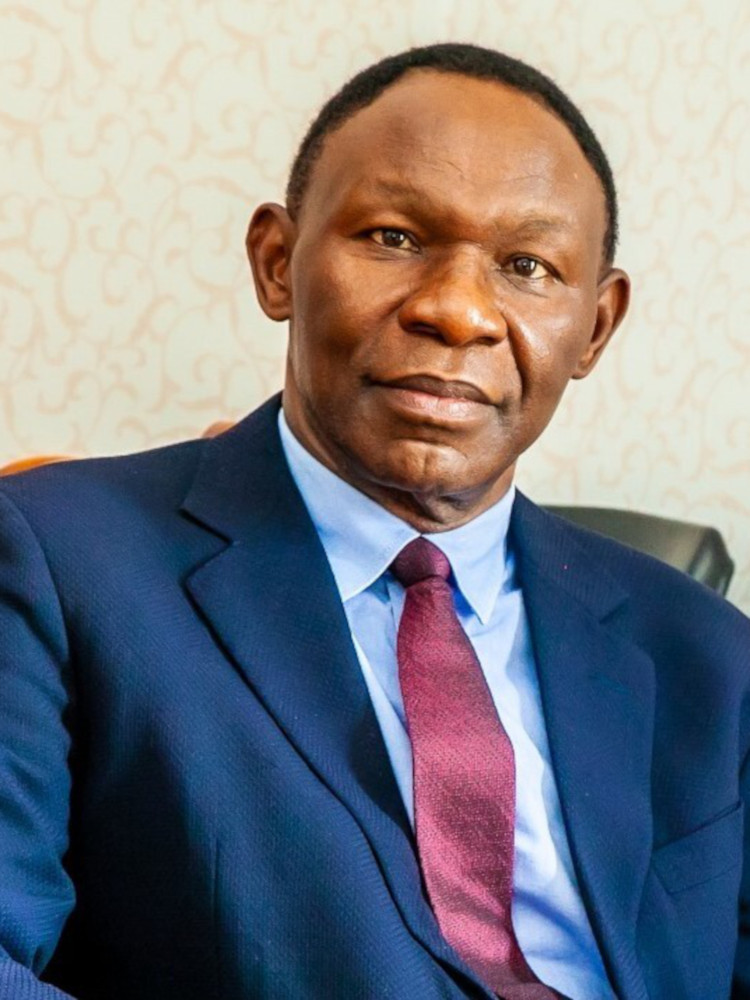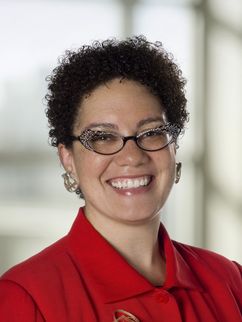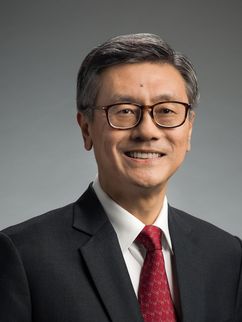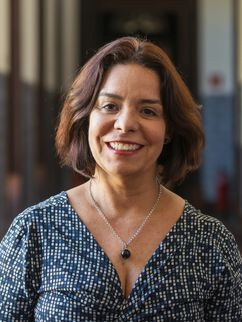How did the coronavirus pandemic change university teaching, learning and life around the world – and what is here to stay? We asked four universities for their views. This answer comes from Bitange Ndemo. He is Professor of Entrepreneurship at the University of Nairobi and is a member of the Global Learning Council.
LEIBNIZ Mr Ndemo, what has proven to be the biggest challenge for your university in shifting to digital teaching and learning?
BITANGE NDEMO The biggest challenge was keeping students motivated, especially in large classes. When all are muted and non-responsive, you get discouraged and start thinking that you are on your own. There is a certain chemistry between students and lecturers that is lost in digital learning. In smaller classes where you are able to work interactively, this is less of a problem.
What kind of support for digital teaching and learning would you like to see at your institution in the future?
Access to higher broadband speeds is critically important for the interaction between lecturers and students. With the Internet of Things, classes could look almost normal. This is purely a policy issue: in some countries broadband is expensive to discourage widespread usage – which could undermine the government. In general, broadband in Africa is relatively expensive.
A year and a half after the start of the pandemic, what piece of advice would you like to offer about digital teaching and learning?
Digital teaching and learning can be pleasurable, since it enables the instructor to use many tools, formats and online materials to share information. My advice for good digital teaching is to master these tools so that you can offer your best. Unlike in the physical classroom, many students, especially graduate students, are particularly active – perhaps because these classes are smaller.
The Global Learning Council (GLC)is a virtual organisation that brings together thought leaders in the area of effective use of technology to provide access to education and improve learning outcomes around the world. The GLC was founded in 2013 and offers a platform for connecting leaders, organisers and innovators from academia, industry and the non-profit sector to foster cooperative processes and advance innovative strategies for digital learning.
Leibniz President Matthias Kleiner is the chair of the GLC. The head office of the GLC currently resides with the Leibniz Association in Berlin, Germany.
How have universities and other higer education institutions around the world reacted to the pandemic? – Find an interview with Friedrich W. Hesse, Co-Chair of the GLC and project manager Anne Leiser who coordinated a study about the pandemic-related digitalisation here!



